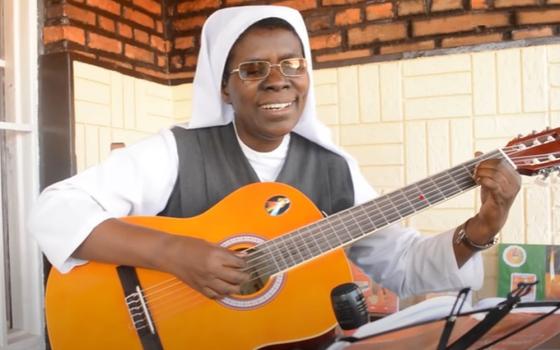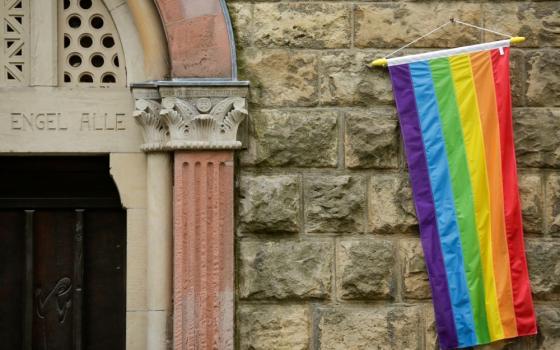There is a brutal war going on in the Central African Republic which gets little notice in the media. As you might guess, it has no oil and it is not a former part of the old Soviet Union. It is, in fact, one of the poorest countries on earth.
Yet a terrible conflict has been going on there since early 2013, when rebel groups (largely Muslims) from countries to the north invaded and took over -- rampaging and killing as they went, often with machetes. The president was overthrown. Then, residents (largely Christians) organized against the invaders and drove most of them out. The African Union and the French sent in peacekeepers, but not enough to squelch the violence completely.
Reports of atrocities, even genocide, abound on both sides. In 2013, it was the invading Muslims (Seleka) who committed atrocities. In 2014, Amnesty International reported several massacres committed by a Christian group (called anti-balaka) as they forced thousands of Muslims to flee the country. Several reports warned that what is going on is a wide ethnic-cleansing aimed at driving Muslims out of the Central African Republic.
Not surprisingly, the conflict has been portrayed -- in the few media stories that have reported on it -- as a “war of religion” -- Muslims versus Christians. But one thing I’ve learned in hosting Interfaith Voices, calling wars “religious” is almost always an oversimplification.
In this case, I interviewed Gregory Warner, the NPR correspondent for East Africa. He pointed out that the merchant class in the Central African Republic is largely Muslim, and the Christian population very poor. They have lived together in peace since they became independent from France in 1960. But that is changing as economic resentments surface.
Old feelings of economic exploitation are taking hold as Christians try to force Muslims from the country. At its base, it’s an economic war with a religious “overlay.”
And the feelings run deep. Gregory told me of one Catholic priest who tried to preach forgiveness and reconciliation in the midst of the war. His parishioners were furious. They walked out. Another priest came to the parish to heal the split and told the parishioners that “it is too soon for reconciliation and forgiveness!” That may have stopped the walk-out, but what it does to the Gospel message is terrible.
Hope now lies with a new female president, Catherine Samba-Panza, who has the reputation of being able to speak to both sides. May she find a way to preach the Gospel of forgiveness and reconciliation!
The story is available on Interfaith Voices.




